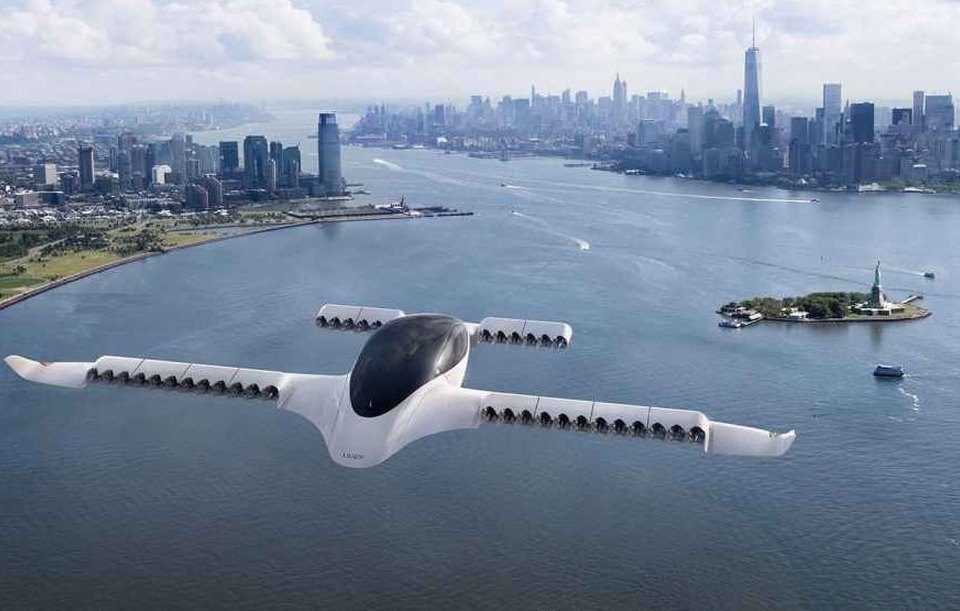German flying taxi startup Lilium gets EU’s green light for its electric jets

Lilium, a German flying taxi startup, has received approval from the European Union for its electric jets. The company announced on Monday that it has been granted “Design Organization Approval” by the European Union Aviation Safety Agency, allowing it to design and operate its electric vertical take-off and landing (eVTOL) vehicles globally.
This special condition license enables Lilium to manufacture its aircraft in the absence of formal industry rules. This marks a significant milestone for the industry, which has been striving for years to prepare such vehicles for commercial use.
The approval comes just eight months after Lilium revealed that its unmanned flying air taxis reached a speed of 250 km/h in testing. The company achieved this milestone with its Phoenix 2 vehicle at a flight test center in southern Spain, aiming for a cruise speed of 250 km or 155 miles per hour. Lilium plans to certify its electrically powered flying shuttles for commercial use by 2025, as indicated in a teaser video on Twitter.
Alastair McIntosh, Lilium’s Chief Technology Officer and Head of Design Organization, described the approval as a “license to operate” for the firm. He stated that receiving Design Organization Approval from EASA (European Union Aviation Safety Agency) further motivates Lilium on its path to commercialize the revolutionary Lilium Jet.
“Receiving Design Organization Approval from EASA further motivates us on our path to commercialize the revolutionary Lilium Jet,” McIntosh said in a statement Monday, CNBC reported.
Luc Tytgat, acting executive director of the EU agency, emphasized the importance of setting the right rules for operations, addressing environmental concerns, and ensuring high safety standards. He congratulated Lilium on achieving Design Organization Approval, and advancing Europe’s electric aviation activity without creating barriers to entering the new market.
Lilium’s journey to commercialization has seen significant progress, with the company achieving the full transition from hover to wing-borne flight on its 5th Generation Technology Demonstrator Phoenix 2 eVTOL aircraft. The fully app-based Lilium Jet service is expected to be fully operational in various cities worldwide by 2025, offering a transformative approach to urban mobility and connectivity.
Unveiled in May 2019, the Lilium Jet stands out as a fully-electric unmanned aircraft designed for vertical take-off and landing. The startup envisions capitalizing on a trillion-dollar market opportunity, anticipating not only a shift in how people live and travel but also the enhanced connectivity of communities at a fraction of the cost compared to traditional high-speed infrastructure like roads and railways. The Lilium Jet, accommodating five passengers, boasts a range of 186.4 miles or 300 km (160 nautical miles). Its power comes from 36 electric ducted fans fueled by a 1 MW (1,300 hp) lithium-ion battery, with cruising requiring less than 200 hp (150 kW).
Lilium was founded in 2015 by four visionary founders, Daniel Wiegand (CEO), Sebastian Born, Matthias Meiner, and Patrick Nathen. The startup has attracted more than $100 million in funding from world-class investors such as Atomico, Tencent, LGT, Freigeist, and Obvious Ventures. The company employs around 350 people in Munich and expects to create around 500 jobs by 2025.

